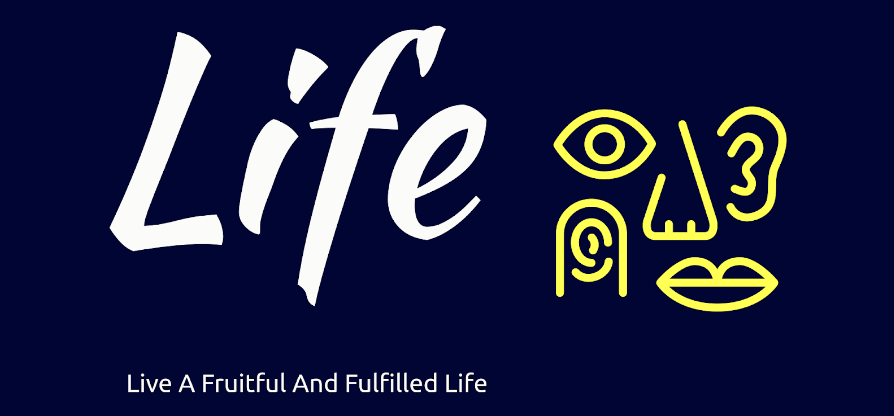Module One – Back to School
Across this module students will be supported with their transition from primary school through lesson topics such as: how to settle in successfully; personal safety travelling to and from LSA and basic first aid. Students will also be given the opportunity to discuss their role in the wider community and how they can communicate successfully both inside and outside of LSA.
Module Two – Healthy Minds
Across this module students will learn about good mental health and how to maintain this both inside and outside of school. Topics explored will include: the power of sleep and healthy routines including physical fitness and exercise. Students will be given opportunities to explore mechanisms that can help them to reduce or cope with their worries and anxieties as well as where they can find support inside and outside of LSA.
Module Three – Healthy Relationships
Across this module students will take part in lessons and activities exploring how to make and maintain Healthy Relationships. Topics will include: what are healthy friendships and relationships; how to set healthy boundaries; how to recognise negative traits within a friendship and where support can be found, both inside and outside of LSA. We will also begin to explore puberty and the changes that come with growing up.
Module Four – Online Safety
Across this module students will learn how they can keep safe online. They will discuss the positives and the negatives of the internet and social media including online bullying. Students will also be given the opportunity to discuss and to understand the law and the protection that it offers whilst online. Students will be provided with avenues for support both inside and outside of LSA.
Module Five – Service in Action
Across this unit students will design projects and work in groups to explore the MYP Service in Action project. They will explore the ideas of community and responsibility and how we can work together effectively to improve our communities.
Module Six – Life Beyond LSA
Across this module students will explore life outside of LSA. They will discuss ideas surrounding community, charities, hobbies and interests. Students will explore their role within the community and how we can all help those around us. At the end of the module, students will be encouraged to reflect on Year 7 and set aspirational targets for Year 8.




